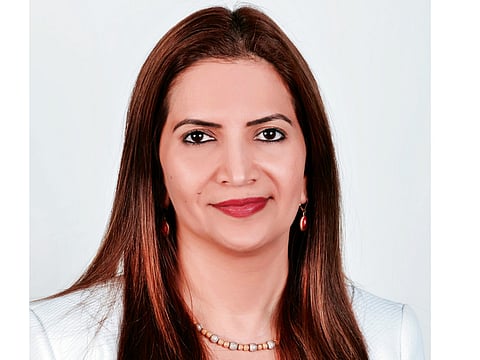How technology can help preserve fertility
Freezing eggs is vital where women want to protect the possibility of having children at a time of their choice

Dubai: Technology allows women to prolong their fertility timeline to ensure that they don’t miss out on receiving all of the joys of motherhood. This can be achieved by capitalising on their prime window of healthy and quality eggs by preserving them externally, ensuring that whatever her age may be, she still has the opportunity to produce a healthy baby.
There may be a range of reasons why women wish to preserve their fertility. The primary reason is social. Women sometimes feel they are not at a stage in their life to get pregnant due their career or other priorities. Medical reasons such as cancer treatment may mean that egg freezing is essential for women who wish to protect the possibility of having children. The technology of egg freezing has greatly evolved over the last 10 years to optimise success rates of healthy conception. Scientific and medical advancements have produced a new technology called vitrification, which has an extensive range of medical applications and is now applied to the freezing of eggs.
Traditionally, the method revolved around slow freezing of human eggs. The new technology enables dehydration which leads to less water retention in the egg, reducing the number of damaging ice crystals, and increasing the eggs’ survival rate up to 85 per cent. The increased survival rates of eggs now deliver a pregnancy rate of around 60 per cent in women under the age of 35, for those that have at least eight to 10 eggs frozen. A valuable technique which is often used in tandem with egg freezing is a process called ovarian hyper-stimulation, which utilises medicinal drugs in IVF treatments to stimulate women’s ovaries and produce high egg quantities. Egg freezing is used during stimulation cycle intervals, providing the body an opportunity to rest. Ovarian hyper-stimulation is also a positive technology for women with a poor ovarian reserve, collecting a high number of eggs by freezing in cumulative cycles. This gives women a reasonable chance of pregnancy which is comparable to those with normal egg reserves.
The chance of a successful pregnancy is based on two factors - firstly age and secondly ovarian reserve. The older the patient, the more questionable is the quality of eggs.
-The author is a reproductive endocrinologist/infertility specialist in the UAE
Sign up for the Daily Briefing
Get the latest news and updates straight to your inbox
